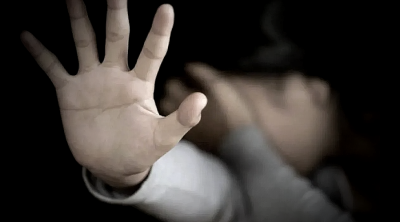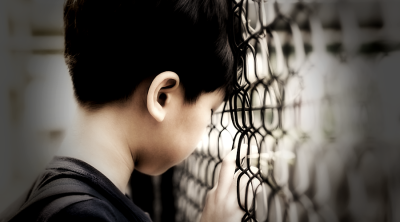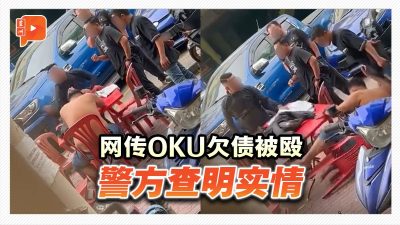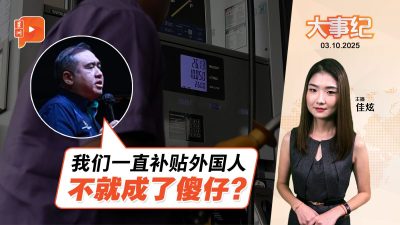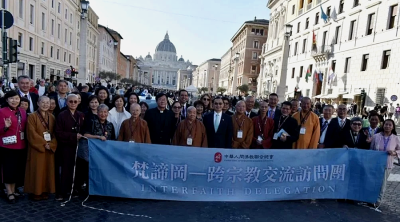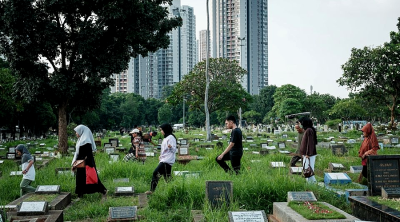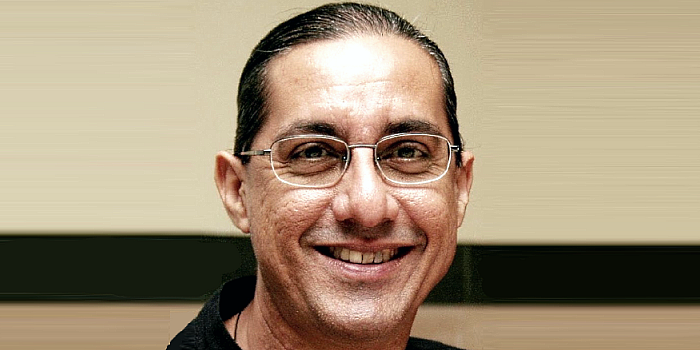
Inclusion is a universal human right. It is about the dignity and worth of every person. It is about being accepted for who we are.
The United Nations (2016) defines inclusion as the process of improving the terms of participation in society for people who are disadvantaged on the basis of age, gender, disability, ethnicity, as well as economic and migration status.
Promoting social inclusion requires removing barriers to people’s participation, including certain laws, policies and institutions.
It also requires changing discriminatory attitudes and behaviors, and taking active steps to make participation easier.
Inclusion is both a process and a goal.
It involves enabling everyone to have equal access and opportunities, free of discrimination and barriers.
The true citizen of any nation is not one who has a national identity card, but rather one who enjoys being a full member of the society and who participates actively in nation-building.
Persons with disabilities have long had to endure discrimination.
While in principle few might argue against inclusion, the reality on the ground appears otherwise: many persons with disabilities (OKU) struggle to secure full inclusion in education, training, employment, housing, as well as the use of health care services and public transport systems.
The prevailing tendency is to view disability as a tragedy, within a charity model.
In that framework, persons with disabilities are viewed as unfortunate, lesser beings who do not fit into a homogeneous ‘normal’ world of ‘typical’ abilities.
Many Malaysians with disabilities, overlooked, voiceless and mocked, including on social media, feel that ‘Merdeka’ is not yet a reality for them.
To advocate for the inclusion of persons with disabilities is to advocate for social justice. That means recognizing that collective inaction is causing Malaysians with disabilities to be increasingly left behind.
It requires the whole of society to work systematically on removing the structural and systemic barriers to inclusion in mainstream policies and programs across all development sectors.
It requires particular focus on narrowing the gaps in education, training, income, employment/self-employment, housing and health outcomes.
Such inclusion cannot just happen at the community level, but has to occur at the level of a broader political process, with inclusive political engagement.
With this in view, we disability rights advocates (some with disabilities, some are carers of persons with disabilities), undertook a national study of the opinions of the OKU community: persons with disabilities, their family members, carers of children or adults with disabilities, as well as disability support persons, including volunteers, paid workers or professionals in any disability-related work.
Although from diverse backgrounds, and from all States in the country, they are united in agreeing on the rights and needs of persons with disabilities.
The full study findings and report are available via this link: http://www.okurightsmatter.com/advocacy-for-disability-inclusion-in-malaysia-report.
This is the first Malaysian publication that is born accessible for Blind persons and persons with other print disabilities. Available in three accessible formats (epub; accessible pdf; DAISY format), it celebrates Malaysia’s accession on March 31, 2022 to the Marrakesh Treaty to Facilitate Access to Published Works for Persons Who Are Blind, Visually Impaired, or Otherwise Print Disabled.
The browsing experience for the website is best on Edge and Firefox browsers.
More than 700 respondents gave information on their disability and voting status, and opinions on political parties or candidates’ disability inclusiveness.
Collectively in Malaysia, these individuals with family members, carers and allies comprise around 30% of the electorate.
It would be prudent for politicians and political parties, especially those hoping to be elected as Members of Parliament or State Assemblymen, to heed the views of members of the electorate who are associated with disability and the OKU community.
Most people in the OKU community are registered voters who make the effort to vote despite the challenges faced.
This study shows that the OKU community is clear that it will preferentially vote for political parties or those standing for elections that: advocate for the inclusion of this community into society, making it a clear goal in their manifestos, with performance records of improving opportunities for persons with disabilities.
Inclusion is a universal human right. It is about the dignity and worth of every person. It is about being accepted for who we are.
Key concerns of the disability-related electorate
The opinion of this large segment of the community is clear – the Government of the day or any elected representative should focus on:
· Improving employment inclusion (better and wider job opportunities);
· Improving education inclusion (inclusion in mainstream/regular classes);
· Enforcing the rights of persons with disabilities.
These three major concerns involve the daily struggles of adults and children with disabilities.
Resolution of these problems has only improved marginally over many decades.
In addition, the OKU community is concerned with the failure to implement and enforce the Persons with Disabilities (PwD) Act, 2008.
The PwD Act, 2008 was gazetted on January 24, 2008, shortly before the entry into force on May 3, 2008 of the Convention on the Rights of Persons with Disabilities (CRPD).
Malaysia ratified the Convention on July 19, 2010.
Elected representatives and Government have not invested resources in awareness raising and implementation. Thus, both the Act and the Convention are little known by most Malaysians, with limited impact on improving the lives of persons with disabilities, their families and those involved with them.
A major revision of the PwD Act 2008 is vital, to give it the scope and powers to enforce the rights of persons with disabilities.
It is noteworthy that a proportion of individuals with disability in this survey did not have OKU cards (official disability registration) because they feared being stigmatized for holding the card or they did not see how the OKU card could help them.
The Ministry of Women, Family and Community Development must work even more actively to remove the stigma attached to registration, especially within government departments (in particular the education department).
Targeted approaches are needed to facilitate the disability registration of those with hidden disabilities. These approaches must be complemented by public education on the rights of persons with hidden disabilities.
Those aspiring to be elected to Parliament or state assemblies as well as those already elected representatives are urged to implement the recommendations provided in this study.
Key recommendations from the study include the following:
· Make a concerted and continuous effort to make known to the general public, Ministries and Departments the PwD Act, 2008 and the CRPD, and the rights enshrined therein.
· Amend the PwD Act, 2008 to give it the scope and powers to enforce the rights of persons with disabilities.
· Strengthen disability outreach and advocacy efforts in the East Coast States and East Malaysia.
· Develop disability-inclusive political manifestos and implement disability-inclusive action plans as part of good governance.
· Engage with persons with disabilities, parents of children with disabilities, family members and caregivers, to understand their concerns.
· Include in decision-making processes that impact the quality of life, health, education, life-long learning and work prospects of persons with disabilities, the following: persons with disabilities, parents of children with disabilities, family members / caregivers of persons with disabilities.
· Make a significant improvement in the inclusion of, and accessibility for, persons with disabilities in the Malaysian education and vocational training systems, as well as employment.
· Harness the contributions of persons with disabilities to the economy and society at national and local levels.
We also appeal to the Election Commission and Government to remove all barriers to improve the accessibility of voting registration, the voting process, as well as the accessibility of voting venues for all who are eligible to vote, including persons with diverse disabilities.
Malaysian policy and lawmakers have to keep up with the 21st century shift of focus towards the rights and inclusion of persons with disabilities in society (social and rights model), away from the long-entrenched charity and welfare model.
This research was conducted and its outcome was written to support ‘Make the Right Real in Malaysia’ which advocates greater disability inclusion and justice in Malaysia. Its publication launches the Malaysian project entitled #OKURightsMatter.
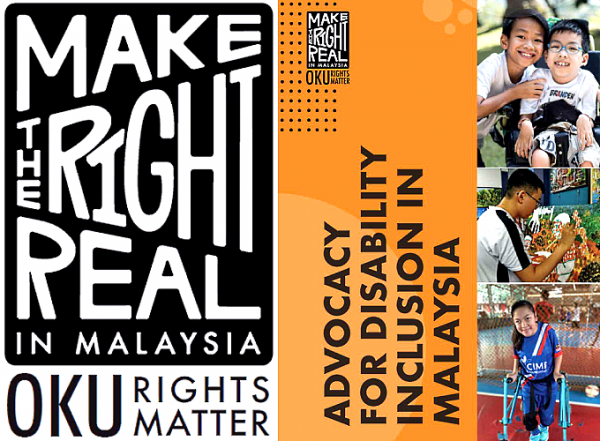
(Dato’ Dr Amar-Singh HSS, Consultant Pediatrician and Advisor, National Early Childhood Intervention Council (NECIC) and National Family Support Group for Children and People with Special Needs, Malaysia; Yuenwah San, Honorary Senior Advisor (Disability Inclusion), Social Development Division, United Nations Economic and Social Commission for Asia and the Pacific (ESCAP); Alvin Teoh, National Family Support Group for Children and People with Special Needs, Malaysia; Anit Randhawa, Advocate and Solicitor; Member, Executive Committee, Medico-Legal Society of Malaysia; Member, Association of Women Lawyers, Malaysia; Yoon Loong Wong, Executive Director, National Council for the Blind (NCBM), Malaysia; Lai-Thin Ng, Educator in Special and Inclusive Education and Project Officer for the National Early Childhood Intervention Council (NECIC), Malaysia.)
ADVERTISEMENT
ADVERTISEMENT








